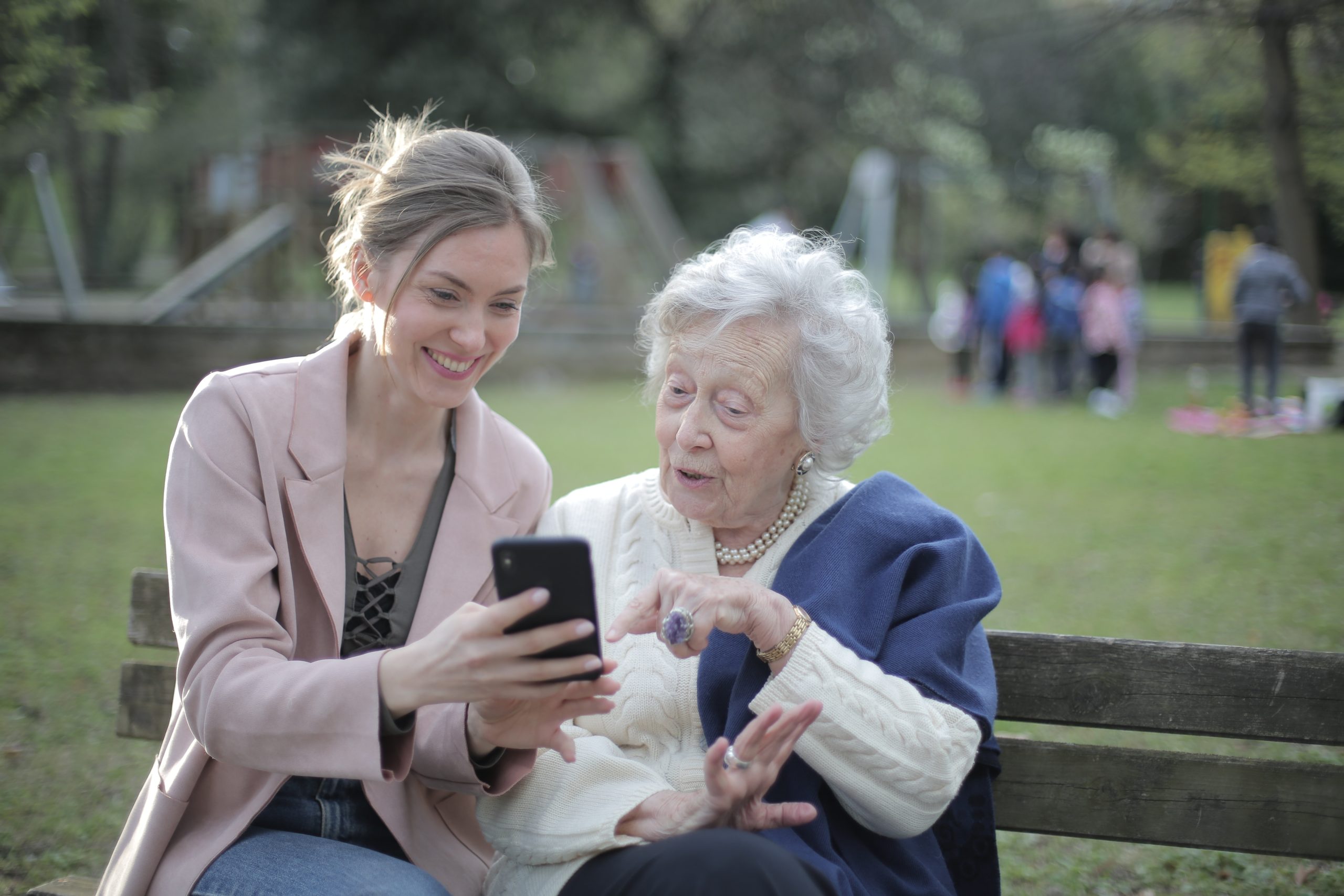Fall Prevention Strategies: Keeping Seniors Safe and Independent

The image is not directly related to the article. It merely symbolizes the life of elderly people.
What are some fall prevention strategies for seniors?
There are several fall prevention strategies that can help seniors stay safe and independent. These include:
- Regular exercise to improve balance and strength.
- Removing hazards from the home, such as loose rugs or cluttered walkways.
- Installing grab bars in the bathroom and handrails on staircases.
- Wearing appropriate footwear with good traction.
- Using assistive devices like canes or walkers, if needed.
- Having regular vision and hearing check-ups.
- Reviewing medications with a healthcare provider to identify any that may increase fall risk.
Why is fall prevention important for seniors?
Fall prevention is important for seniors because falls can lead to serious injuries and complications, such as fractures or head trauma. These injuries can result in hospitalization, loss of independence, and a decline in overall health. By implementing fall prevention strategies, seniors can reduce their risk of falling and maintain their safety and independence.
How can exercise help prevent falls?
Exercise can help prevent falls in several ways. It improves balance, strength, and flexibility, making it easier for seniors to maintain stability while walking or performing daily activities. Exercise also helps to build bone density, reducing the risk of fractures in the event of a fall. It is recommended that seniors engage in exercises that focus on balance, such as tai chi or yoga, as well as strength training exercises.
What are some home modifications that can help prevent falls?
There are several home modifications that can help prevent falls for seniors:
- Install grab bars in the bathroom, near the toilet and in the shower or tub.
- Add handrails on both sides of staircases.
- Remove or secure loose rugs or carpets.
- Ensure that all areas of the home are well-lit, using nightlights or motion sensor lights in hallways and bathrooms.
- Keep commonly used items within easy reach to avoid the need for excessive bending or reaching.
How can regular vision and hearing check-ups help prevent falls?
Regular vision and hearing check-ups are important for fall prevention because impaired vision or hearing can increase the risk of falls. Poor vision can make it difficult to see hazards or obstacles in the environment, while hearing loss can affect balance and spatial awareness. By addressing any vision or hearing issues promptly, seniors can reduce their risk of falls and maintain their safety.
The image is not directly related to the article. It merely symbolizes the life of elderly people. What are some fall prevention strategies for seniors? There are several fall prevention strategies that can help seniors stay safe and independent. These include: Regular exercise to improve balance and strength. Removing hazards from the home, such as…
Recent Posts
- Empowering Caregivers: The Best Online and Offline Resources to Enhance Your Skills
- Traveling with a Purpose: The Rise of Volunteer Vacations
- Breaking Stigma: Dispelling Myths about Mobility Aids and Disability
- Avoiding Probate: How Trusts Can Simplify the Estate Settlement Process
- Senior Citizens Beware: Common Financial Scams and How to Stay Protected

